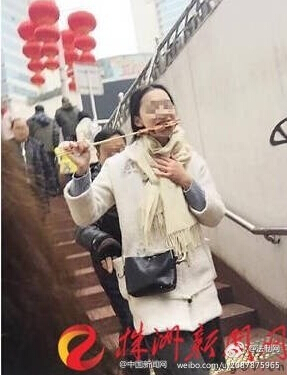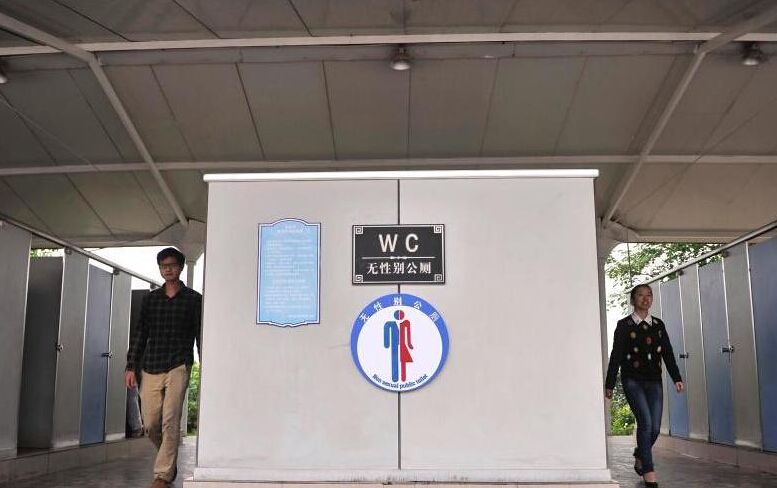7 February 2017 – With thousands of children forced out of school in eastern Ukraine due to last week’s surge in fighting, the United Nations Children’s Fund (UNICEF) and its partners have strongly condemned the indiscriminate shelling of schools, and called for all sides to immediately recommit to the ceasefire signed in Minsk in August 2015.
“The shelling of schools, the one place where children find safety and normalcy during conflict, is unacceptable and has to stop,” said UNICEF’s Representative in Ukraine, Giovanna Barberis, in a news release. “Children in eastern Ukraine have suffered enough and we must ensure that they have safe spaces to seek solace and support.”
At least five schools and two kindergartens have been damaged by heavy shelling and 11 other schools have had to close, according to humanitarian organisations supporting the emergency education response in Ukraine.
More than 2,600 children from 13 schools in government-controlled areas in eastern Ukraine have been affected by the sharp escalation in fighting, along with hundreds more from schools in non-government controlled areas.
“Schools being shelled has tragically become commonplace in this conflict,” said Save the Children’s Representative in Ukraine, Michele Cecere. “There are reports of large numbers of unexploded ordnance in the streets, putting children at enormous risk when going to school, even when they can reopen. It’s vital that children can get safely back to school as soon as possible so they don’t miss out on any more learning.”
In the town of Avdiivka, seven schools and kindergartens remain shut, with almost 1,400 children out of school. Families in Avdiivka and other villages in the area are afraid of sending their children to the schools that remain open, due to the heavy fighting and fears of unexploded ordnance in the streets.
The latest closure of schools has worsened the ongoing education crisis already affecting more than 600,000 children in eastern Ukraine. After nearly three years of conflict, more than 740 school – one in five – have been damaged or destroyed, resulting in girls and boys missing many months of schooling due to displacement and the effects of conflict.
UNICEF and Save the Children urged all parties to the conflict to respect international humanitarian law and ensure that schools and other civilian infrastructure are never attacked or in the line of fire.


